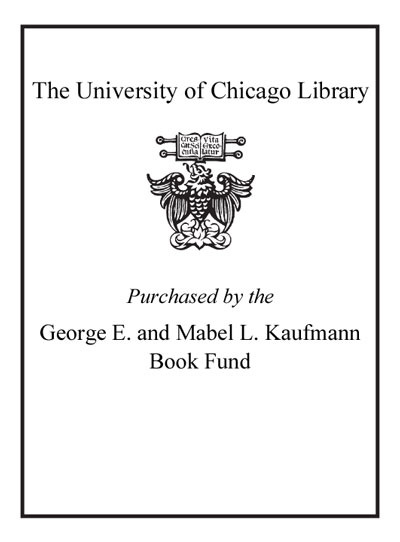Review by Choice Review
This well-written chronological narrative of the Franco-Prussian War, its immediate aftermath, and long-term significance, will be most appropriate for lay readers, and not just because of the unexplained title. A more advanced audience will be frustrated by the selective annotation. The book is sprinkled with excerpts from primary sources (e.g., soldiers' letters, George Sand's observations of the war), making for a snappy and interesting text, all of which are appropriately referenced, as are the few direct quotations from modern scholars. However, other important topics, such as Helmuth von Moltke's strategic considerations, or the world's response to civilian wartime suffering, are clearly based on modern secondary literature whose sources are not indicated, compelling advanced readers to scour the bibliography. Moreover, a book presenting the details of important battles requires--for all readers--more detailed maps than the few very basic ones provided, which lack railway lines and indications of troop movements. Most readers will also miss any photographs of the personalities discussed. In short, this new synthesis of research on such an important event could easily have expanded its readership and usability with more attention to detail. Summing Up: Recommended. With reservations. General readers and lower-division undergraduates. --Robert T. Ingoglia, St. Thomas Aquinas College
Copyright American Library Association, used with permission.
Review by Publisher's Weekly Review
The Franco-Prussian War of 1870--1871 was "not a war of angels," according to this fine-grained chronicle from historian Chrastil (How to Be Childless). In July 1870, France declared war on Prussia over the succession to the Spanish throne, a crisis engineered by the "guiding hand" of Prussian statesman Otto von Bismarck to ensure the dispute could not be resolved peacefully. Bismarck's goal was to forge German unification through "shared victory" over the Second Empire of France under Napoleon III. When German soldiers crossed over into French territory, Chrastil notes, France "acted without precedent" to expel German civilians, laying the groundwork for "large-scale, forced migration and deportations" around the world in the 1880s and beyond. Chrastil argues that as the conflict continued, so too did the "intensification of brutality," leading to the first international humanitarian intervention on behalf of civilians during wartime (when a Swiss group led residents of Strasbourg to safety), as well as the modernization of European militaries so that armies could mobilize and concentrate forces rapidly and on a large scale. Marshaling a tremendous amount of information, Chrastil clearly demonstrates how this conflict set the stage for the world-shattering violence of the 20th century. It's an outstanding synthesis of a complex and vicious war. (Sept.)
(c) Copyright PWxyz, LLC. All rights reserved
Review by Choice Review
Review by Publisher's Weekly Review

